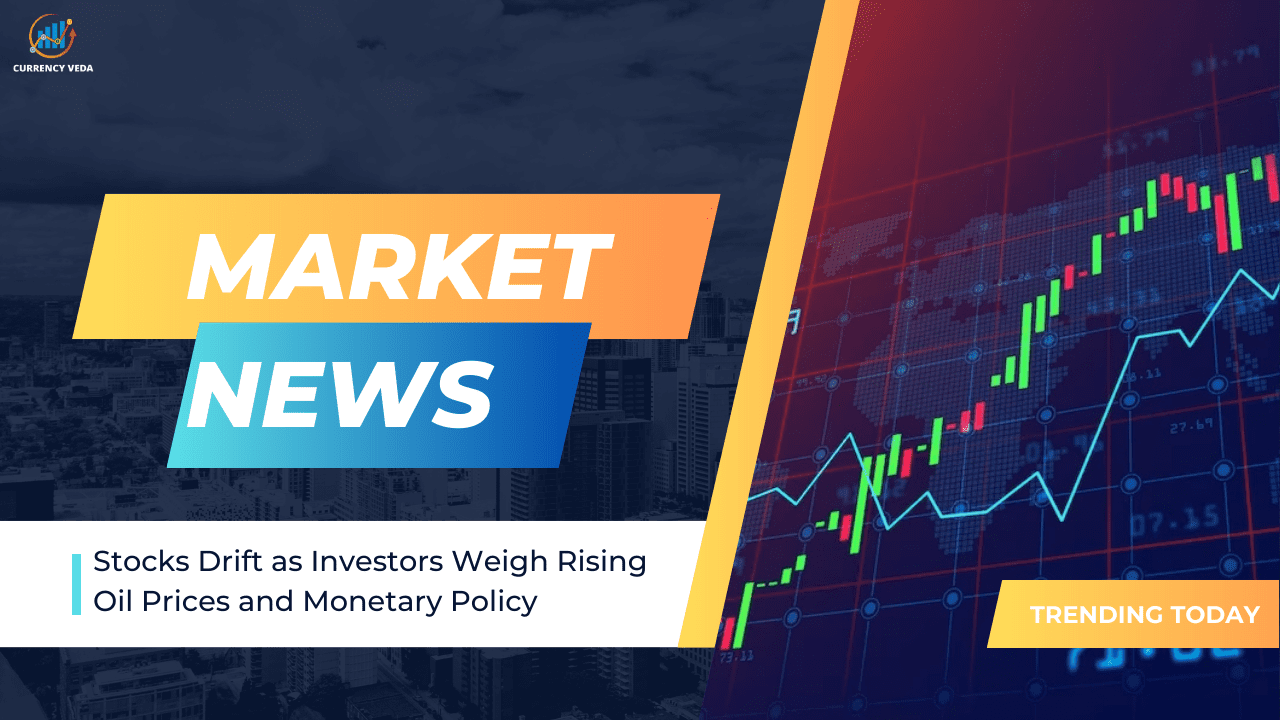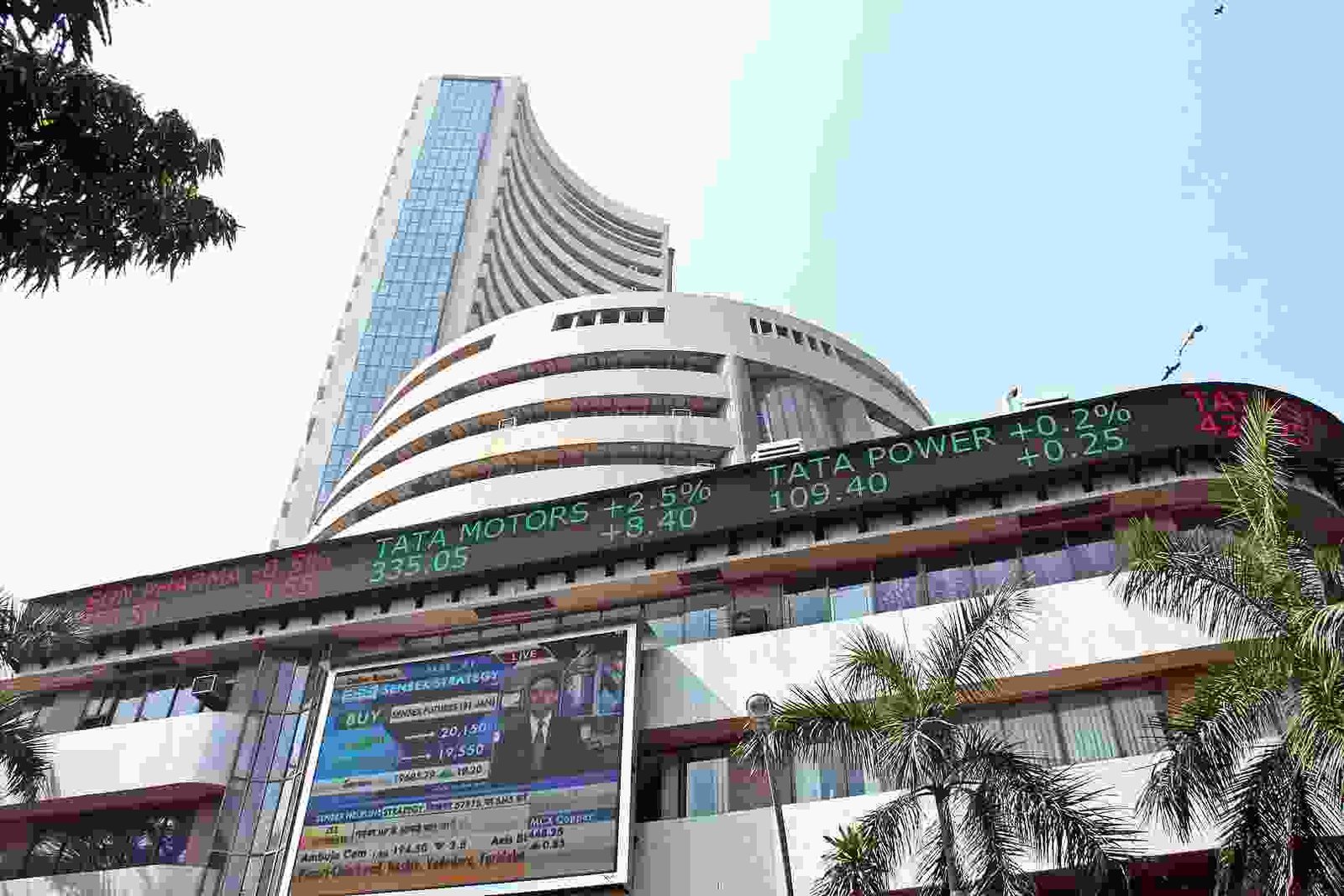Global stocks remained steady on Tuesday as investors carefully assessed the impact of rising oil prices on inflation and monitored central banks’ stance on monetary policy amidst concerns about a potential recession.
Date: July 04, 2023
Place: New Delhi, India
While MSCI’s broadest index of world stocks showed minimal movement, Europe’s Stoxx 600 share index experienced a similar trend in early trading. The closure of Wall Street for the July 4 holiday contributed to the light trading activity.
Central Banks and Interest Rates
The Reserve Bank of Australia chose to maintain its current interest rate at 4.1%, citing the need for further evaluation of the economic consequences resulting from previous rate hikes. This decision highlighted the cautious approach taken by central banks in addressing monetary policy adjustments.
Oil Prices and Inflationary Pressures
Oil prices saw an upward trajectory as concerns over supply cuts emerged due to actions taken by major producers such as Saudi Arabia and Russia. Brent crude futures increased by 0.6% to reach $75.09 per barrel, while West Texas Intermediate crude also rose by the same margin to $70.23. These developments added to the complexity of the inflation outlook.
Manufacturing Activity and Price Pressures
Recent data from the Institute of Supply Management indicated a decline in U.S. manufacturing activity in June, reaching levels last observed during the initial wave of the COVID-19 pandemic in May 2020. Similar downturns were observed in the eurozone based on purchasing managers’ surveys. While the improved supply-demand balance contributed to easing price pressures for goods, Capital Economics global economist Ariane Curtis advised caution, noting that central banks might still maintain tight policies to combat inflation in the service sector, which has been more persistent.
Mixed Bag of Economic Data
Investors are currently monitoring a range of economic data, seeking trading cues ahead of second-quarter earnings reports. Uncertainty surrounds the Federal Reserve’s monetary policy outlook. Manishi Raychaudhuri, head of Asia Pacific equity research at BNP Paribas, emphasized the importance of upcoming central bank meeting minutes, which could provide additional insights into policy direction while potentially introducing volatility into the market. Raychaudhuri also expressed concerns about the consequences of an excessively tight monetary policy that surpasses market expectations, suggesting that a deeper recession could ensue.
Geopolitical Tensions and Global Trade Relations
Persistent geopolitical tensions, particularly China’s export controls on minerals, continue to raise uncertainties surrounding global trade relations. These factors contribute to the complexity of the investment landscape and influence investor sentiment.
Currency Market and Bond Yields
The dollar index, which measures the performance of the greenback against six major currencies, exhibited minimal movement. The euro, on the other hand, experienced a 0.3% decline against the dollar, reaching $1.09115.
Eurozone government debt remained stable, with Germany’s two-year Schatz yield, a key indicator of interest rate expectations, hovering around 3.32%, near its highest level since early March. Meanwhile, in the U.S. Treasury market, the closure of trading for Independence Day impacted market activity.
On the previous trading day, concerns about an extended hiking cycle leading to a recession were reflected in the deepest inversion of a widely observed section of the U.S. Treasury yield curve since the high inflation era of Fed Chairman Paul Volcker in the early 1980s.
Gold Prices
Spot gold experienced a slight increase, with trading at $1926.45 per ounce, further reflecting market participants’ cautious approach amidst the prevailing uncertainties.
To sum up, Global stocks remained relatively stable as investors attempted to navigate the impact of rising oil prices on inflation, alongside central banks’ approach to monetary policy. Concerns regarding a potential recession and geopolitical tensions added further complexities to the investment landscape.
Investors eagerly await economic data and insights from central banks to inform their trading decisions. The upcoming central bank meeting minutes and a mixed bag of economic data will provide crucial guidance. As uncertainties persist, investors remain vigilant in monitoring global trade relations and geopolitical developments for potential market shifts.
Disclaimer
Currencyveda, as an information provider, offers educational content to its users. The news article presented above was originally posted on Reuters. Currencyveda has simplified and condensed the information with the intention of providing an educational value to its users. The content should not be considered financial advice or a recommendation to make any investment decisions. Users are advised to conduct their own research and consult with a qualified financial professional before making any financial or investment decisions based on the information provided by Currencyveda.




